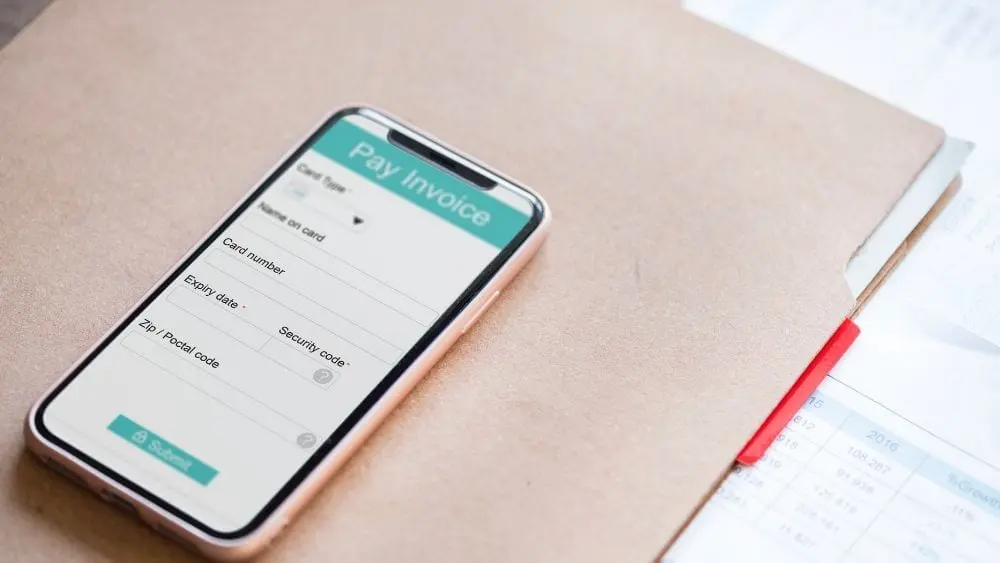
Whether you plan to buy an existing home or a newly built property, your financial preparations should start a year or more before you turn the key to open your new front door.
You need to save money for your purchase, develop a spending plan and build a credit profile that proves you’ll responsibly repay your loan.
Financing a Newly Built Home
One advantage of buying a new home is the stretch of time between the contract and move-in day, which can last from four to nine months or longer as opposed to 30 to 60 days for a resale. You can use this time to reduce debt and save more money for your move, a task made easier with the motivation of watching your home being built.
A challenge, easily overcome when working with an experienced lender, is finding the right loan program to match your timeframe.
“When you’re buying a newly built home, you need to talk to a lender as early as possible about potential requirements for things, such as a certain number of homes needing to be presold before any loan can close,” says Faramarz Moeen-Ziai, senior vice president of sales and production at Commerce Home Mortgage in San Ramon, Calif. “That’s why it can be beneficial to work with a builder’s preferred lender who understands these nuances.”
In addition, Moeen-Ziai recommends checking that a lender provides a long-term interest rate lock, particularly if you are borrowing close to your maximum payment comfort level. You don’t want to be stuck with a higher interest rate and payment when your loan closes.
Steps Along the Path to a Loan Approval
Homeownership requires stable finances, including the following elements:
Solid Job History
“You need a steady employment history to qualify for a loan,” says Michelle Dosher, managing editor for the Credit Union National Association in Madison, Wis. “It’s OK if you switched your job once or twice, but it’s not helpful if you jumped from job to job.”
While it’s best not to change jobs while you’re in the midst of a home loan application, if you must, Moeen-Ziai says, just stay in close communication with your lender.
“Don’t switch to self-employment, however, because you would need two years of self-employment income shown on your tax returns to be able to count that as income for a loan,” he says.
Spending Plan
“Decide for yourself if you can afford to buy a home right now,” says Dosher. “Generally, your monthly housing payment — including principal, interest, property taxes and homeowners insurance — should be a maximum of 33 percent of your monthly gross income.”
In addition to the housing payment, you’ll need to pay homeowner association dues and possibly mortgage insurance.
Start Saving
Dosher says you’ll need at least 3 to 5 percent of the home price for a down payment and, unless the builder pays them, another two to three percent for closing costs.
“You should have cash reserves to cover a few housing payments and you need to be prepared to pay for moving expenses and things like landscaping and window treatments,” she says.
Moeen-Ziai recommends consolidating the funds for your home purchase into one accessible savings account rather than an active checking account to make it easier to document.
Check Your Credit Report
“Pull your credit report as early as possible so there are no surprises when you apply for a loan,” says Jeffrey C. Taylor, managing partner of Digital Risk, a provider of mortgage processing services and risk analytics in New York City. “If there are blemishes, you have more time to fix them.”
Taylor says Millennials in particular are sometimes surprised to learn that the lack of a long credit history can hurt them even if they have saved for a down payment.
“No credit is as bad as having bad credit,” he says.
Taylor recommends having at least three lines of credit that you use and pay off to establish a consistent positive repayment history.
Get a Loan Preapproval
“Consult a lender early and formally apply for a mortgage so you have a solid loan commitment for a specific amount and have had all your documentation reviewed,” says Dosher. “Your final loan approval will just require a re-verification of your information and a property appraisal.”
Moeen-Ziai says a preapproval provides a basis for shopping for a home since once you know your loan limit and your down payment requirement, you’ll know your maximum home price. For example, he says if your cash and loan combined equal $300,000 and you’re looking at a home with a base price of $270,000, then you know you have a maximum of $30,000 to use for options.
Improve Your Credit Score
“Be careful not to take on more debt or even to apply for debt because that can lower your credit score since you appear to be about to spend more money,” says Taylor.
However, if you have yet to establish credit, you may need to apply for additional credit. In that case, you should open an account, use it and pay it off over a month or two.
To improve your score, Dosher says you should pay all bills on time on every account and reduce or pay off your balance on credit cards. To find out what your score is, use a free credit score checker online.
“If you use a credit card for the rewards and pay it off in full each month, be careful to pay the balance early before your credit is pulled,” says Moeen-Ziai. “Otherwise, it could look as if you have a high balance.”
To learn more about credit scores, check out our article, Three Little Numbers: Your Credit Score and Why It Matters.
Lower Your Debt
Taylor recommends reducing your debt if possible to 25 percent or less of each line of credit.
“Your debt-to-income ratio, which compares the minimum payment on all recurring debt with your monthly gross income, should be 43 percent or less,” says Taylor. “If you can get it well below that mark, that’s even better.”
Following these steps and consulting with an experienced lender about your individual finances increases the likelihood that the toughest part of buying a new home will be your choice of paint color, not the loan application process.

Michele Lerner is an award-winning freelance writer, editor and author who has been writing about real estate, personal finance and business topics for more than two decades.
 Mortgage Application Denied? Here’s What to do Next
Mortgage Application Denied? Here’s What to do Next